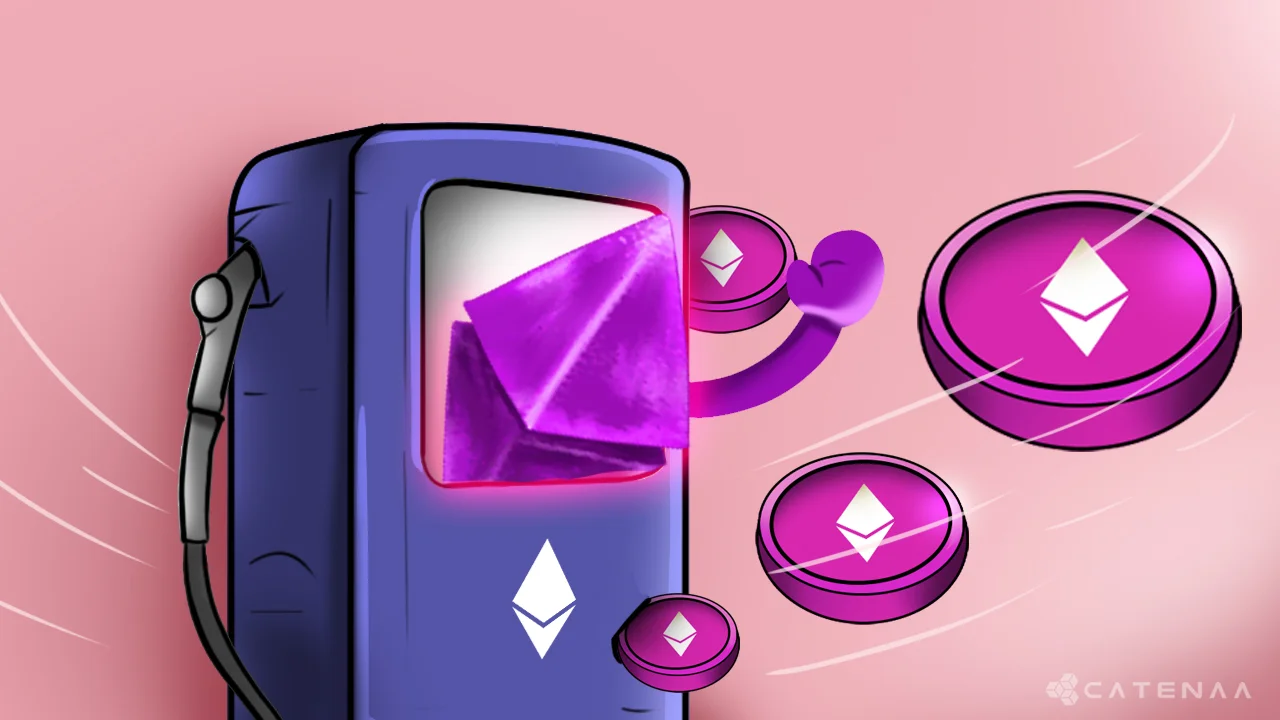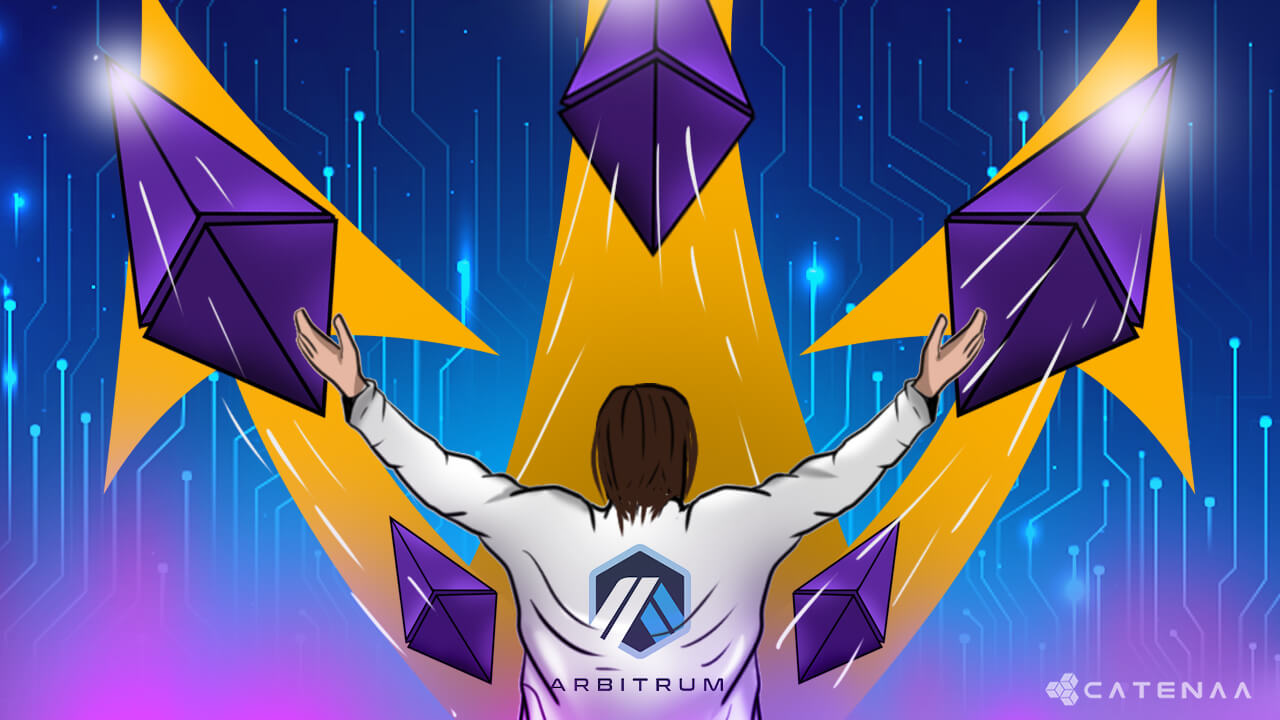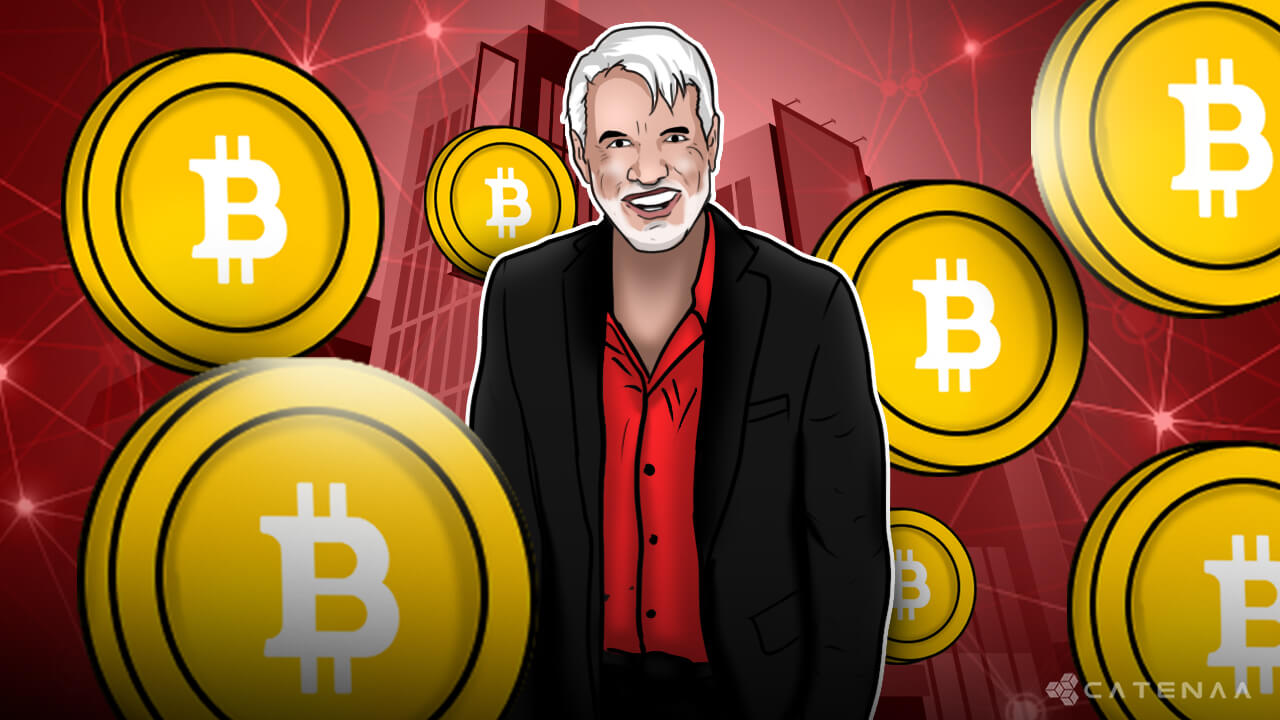Introduction
Gas is simply known as a metric that Ethereum utilizes to measure the computational resources necessary for executing a transaction or smart contract on its network. It plays a crucial role in determining the cost of executing transactions and smart contracts on the Ethereum blockchain. In this article, we’ll explore what gas prices are on the Ethereum blockchain, how does gas price work, and their impact on the network’s performance.
What is the gas price how it works?
The amount of ETH that a user is willing to pay per gas unit to acquire network execution of their transaction or contract is known as “the gas price”. Miners who are operating on the Ethereum network prioritize transactions according to the gas price offered by users. Users who set a high gas price will get their transactions processed quicker even when the network is congested whereas users who set a low gas price may experience longer processing times.
Users set a gas limit to specify the amount of statistical resources required for a transaction or smart contract execution on the Ethereum blockchain which means the maximum amount of gas they are willing to pay for processing. If the transaction or smart contract requires more gas than the gas limit to execute, the transaction will fail and in this situation, the user will also lose the gas fees which were paid. If a transaction uses less gas than the gas limit specified, the excess gas is refunded to the user. 1
How gas fees are calculated?
Gas fees in the Ethereum blockchain are calculated by multiplying the gas limit by the gas price. Here’s a step-by-step breakdown of how Ethereum gas fees are calculated.
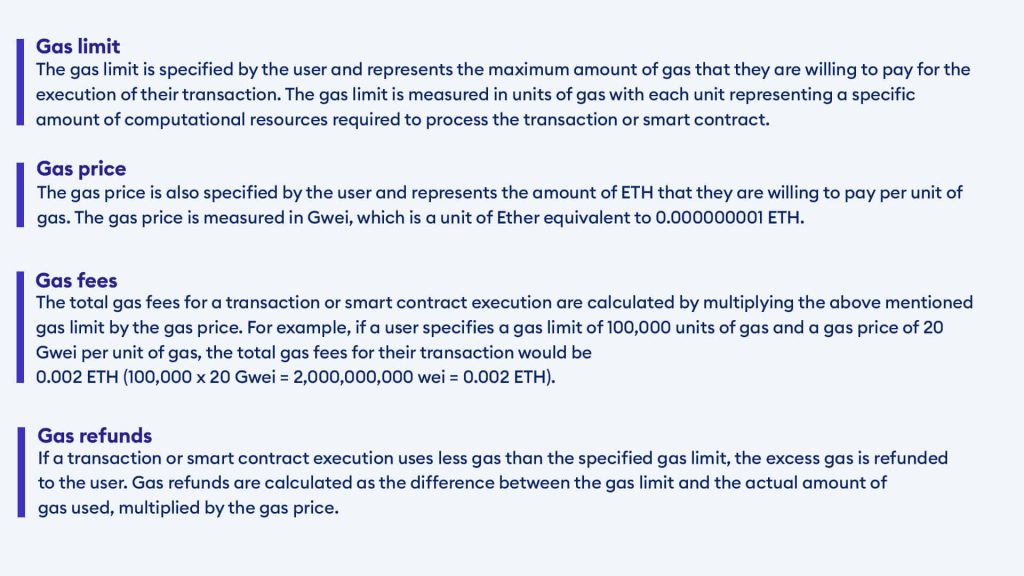
The actual gas fees a user needs to pay can vary depending on the network congestion level. During times of high network activity users will have to increase their gas price to make their transaction or smart contract execution processed quickly and during times of low network activity users are able to set a lower gas price and have their transaction or smart contract executed in a reasonable amount of time. 2 3
Who gets Gas fees?
In the Ethereum blockchain, gas fees are paid by its users to miners as compensation for the computational resources used to process their transactions and smart contract executions. Miners on the Ethereum network hold a significant responsibility for processing transactions and executing smart contracts. They prioritize transactions according to their gas price and by that they earn gas fees. The gas fees get added to the block reward that the miner receives for adding a new block to the blockchain. The current block reward is 2 ETH and the gas fees collected are distributed among the miners who participated in processing the transactions included in the block.
The gas fees paid by users are not the same as the transaction fees that are charged by cryptocurrency exchanges for sending ETH. Transaction fees are separate from gas fees and are charged by the exchanges or wallets to cover their operational costs. Gas fees are paid directly to the miners who process the transactions and execute smart contracts on the Ethereum network. 4
What gas fees are for?
Gas fees are an essential component of the Ethereum blockchain. Understanding its role and significance in the Ethereum network is important for anyone looking to use the network.
Miners on the Ethereum network hold an important responsibility for processing transactions and executing smart contracts. They prioritize transactions based on their gas price and they earn gas fees as compensation for the resources used to process transactions. Gas fees provide a financial motivation for these miners to process transactions and execute smart contracts on the network. Gas fees also serve as a system to prevent spam attacks on the Ethereum network. A spam attack is a malicious attempt to flood the network with a large number of transactions or smart contract executions which leads the network to slow down and disrupt its operations and since gas fees make it expensive to execute a large number of transactions or smart contracts on the network it discourages malicious actors from attempting such spam attacks. These fees also help control computational resource usage on the Ethereum network. When users must specify a gas limit for their transactions and smart contracts, it limits the amount of computational resources that can be used. If a transaction or smart contract execution requires more gas than the specified gas limit, the transaction will fail and the user will lose the gas fees they paid. This mechanism ensures that the network’s computational resources are used efficiently and fairly. 5
Why do gas fees fluctuate?
These fees in the Ethereum blockchain fluctuate based on various factors that affect the network’s supply and demand of computational resources. Here are some of the reasons why Ethereum gas fees fluctuate: 6
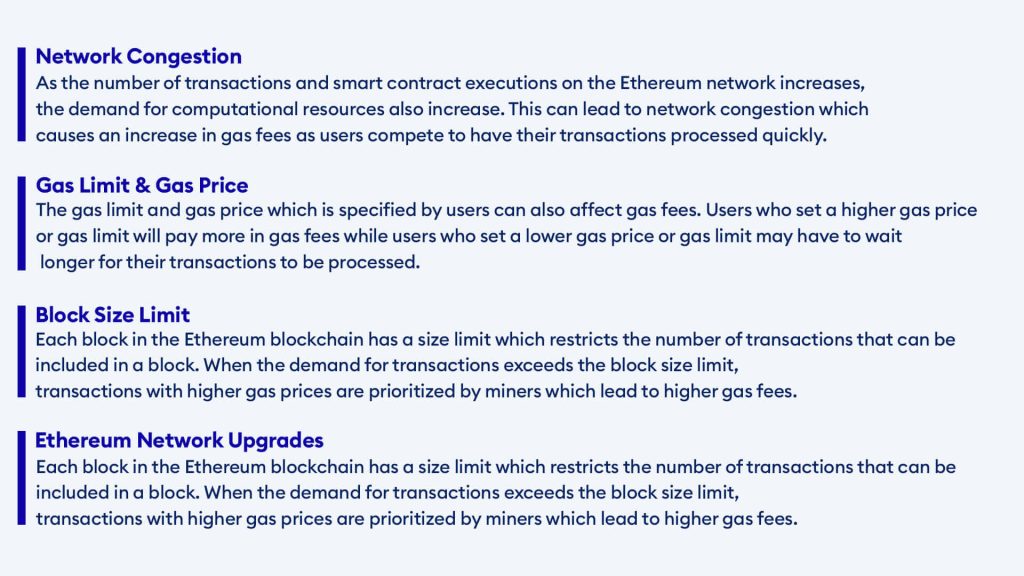
Bottom Line
In conclusion, these fees play a crucial role in the functioning of the Ethereum blockchain and understanding their dynamics can help users optimize their transactions and smart contract executions on the network. By keeping an eye on the various factors that affect these fees, users can make informed decisions about their price and gas limit settings to ensure speedy and cost-effective processing of their transactions.
- Originstamp: Blockchain-Based Timestamping | OriginStamp[↩]
- Ethereum: Home | ethereum.org[↩]
- Investopedia: https://investopedia.com[↩]
- originstamp.com[↩]
- Bitpay: BitPay: The Best Crypto App to Pay with Crypto + Accept Payments[↩]
- Medium: Medium – Where good ideas find you[↩]
